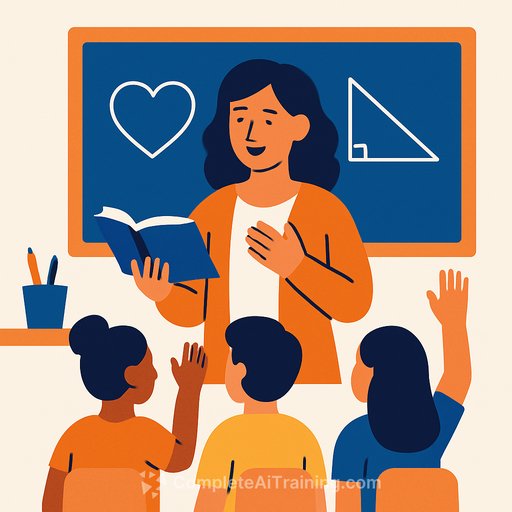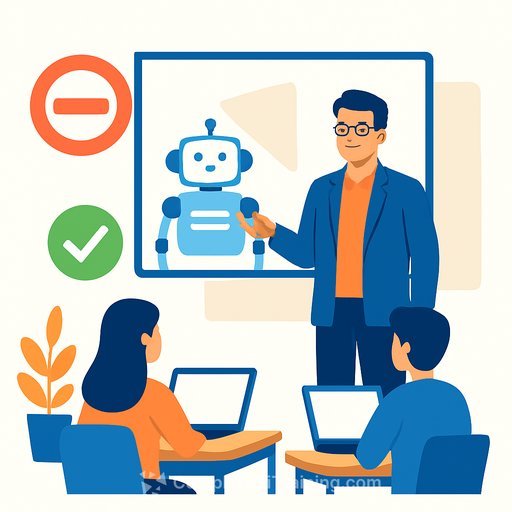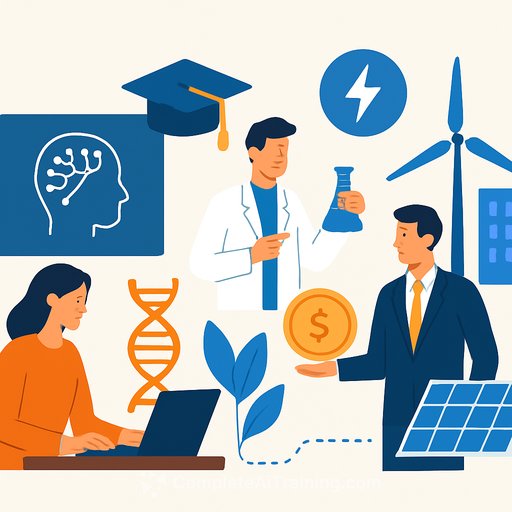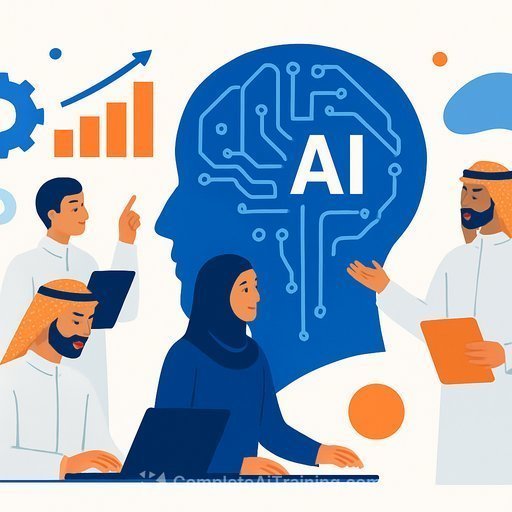Education in the Digital Age: Are Teachers Still Learning Centers?
Students can access more information from a phone than a library once held. Videos, apps, and search tools make self-directed learning easier than ever. That raises a hard question: is the teacher still the center of learning, or does the role shift to facilitator, coach, and curator?
This question took center stage at the Redea Institute's 15th International Conference, "Regasing Education in the Digital Age," in Jakarta. For 29 years, Redea has invested in teacher quality through professional training for teachers, administrators, and school staff. This year's focus: AI in classrooms, digital equality, data-informed instruction, personal learning models, and ethical leadership in digital transformation.
"As an institution that focuses on research and development for progress, we uphold a commitment to always provide the best for children. In realizing this mission, we continue to collaborate with well-known international education experts," said Antarina SF Amir, founder and CEO of the Redea Institute.
What still matters about great teaching
Dr. John T. Almarode, author of Teacher Clarity and How Learning Works: A Playbook, underscored the point: "As educators, we must recognize that our students and co-workers are now facing a very different environment than we have experienced." His message was clear: "No matter how good AI's generating technology develops, it's just a tool, not an answer. From the Covid-19 pandemic, we learned one important thing, namely the role of teachers cannot be replaced. Technology may change, but great teachers will always survive."
What changes about the teacher's role
- From deliverer to designer: Plan experiences that make thinking visible and measurable.
- From control to choice: Offer pathways, playlists, and product options aligned to clear criteria.
- From content to concepts: Prioritize transfer and reasoning over recall.
- From grading to feedback: Tight cycles of checks for understanding and revision.
- From intuition to evidence: Use exit tickets, rubrics, and small data to guide next steps.
Practical moves you can apply now
- Start with clarity: Post the learning intention and success criteria for every lesson. Revisit them during closure.
- Blend AI responsibly: Use AI to draft prompts, differentiate reading levels, or suggest practice items-never to grade or decide placement. Require students to disclose AI use and explain their thinking. See guidance from UNESCO on AI in education here.
- Plan for digital equity: Provide offline options, device rotation, and time-bound access. Pair students to reduce access gaps.
- Personalize with structure: Offer choice boards tied to standards. Add brief check-ins to keep momentum and address misconceptions.
- Teach digital ethics: Co-create norms for privacy, citation, bias, and appropriate AI use. Make consequences and reflection steps clear.
- Run "Learning Heroes" shares: Spotlight teacher practice across subjects-what worked, what didn't, and why.
- Close the loop with data: Use two quick measures per unit (e.g., entry/exit tasks). Adjust grouping and scaffolds based on patterns.
Leadership priorities
- Invest in people: Ongoing coaching beats one-off workshops. Protect time for peer observation and planning.
- Set clear AI guardrails: Publish a simple, living policy for staff and students including disclosure, privacy, and assessment integrity.
- Back it with infrastructure: Ensure reliable access, privacy controls, and secure data practices.
- Celebrate practice, not just outcomes: Recognize cycles of design, feedback, and iteration-what expert teachers do consistently.
The conference gathered international experts including Kenneth Shelton (Apple Distinguished Educator) and Bryan totaling (CEO McREL International). A "Learning Heroes" session brought teachers from the Redea network to share strategies and real classroom challenges through cross-disciplinary collaboration.
The takeaway is steady: technology will keep changing. Great teachers adapt, guide, and set the standard for quality learning. The center of gravity shifts from the teacher to learning-but the teacher remains the heartbeat.
Looking to build practical AI literacy for your staff? Explore focused options for educators here.
Your membership also unlocks:






